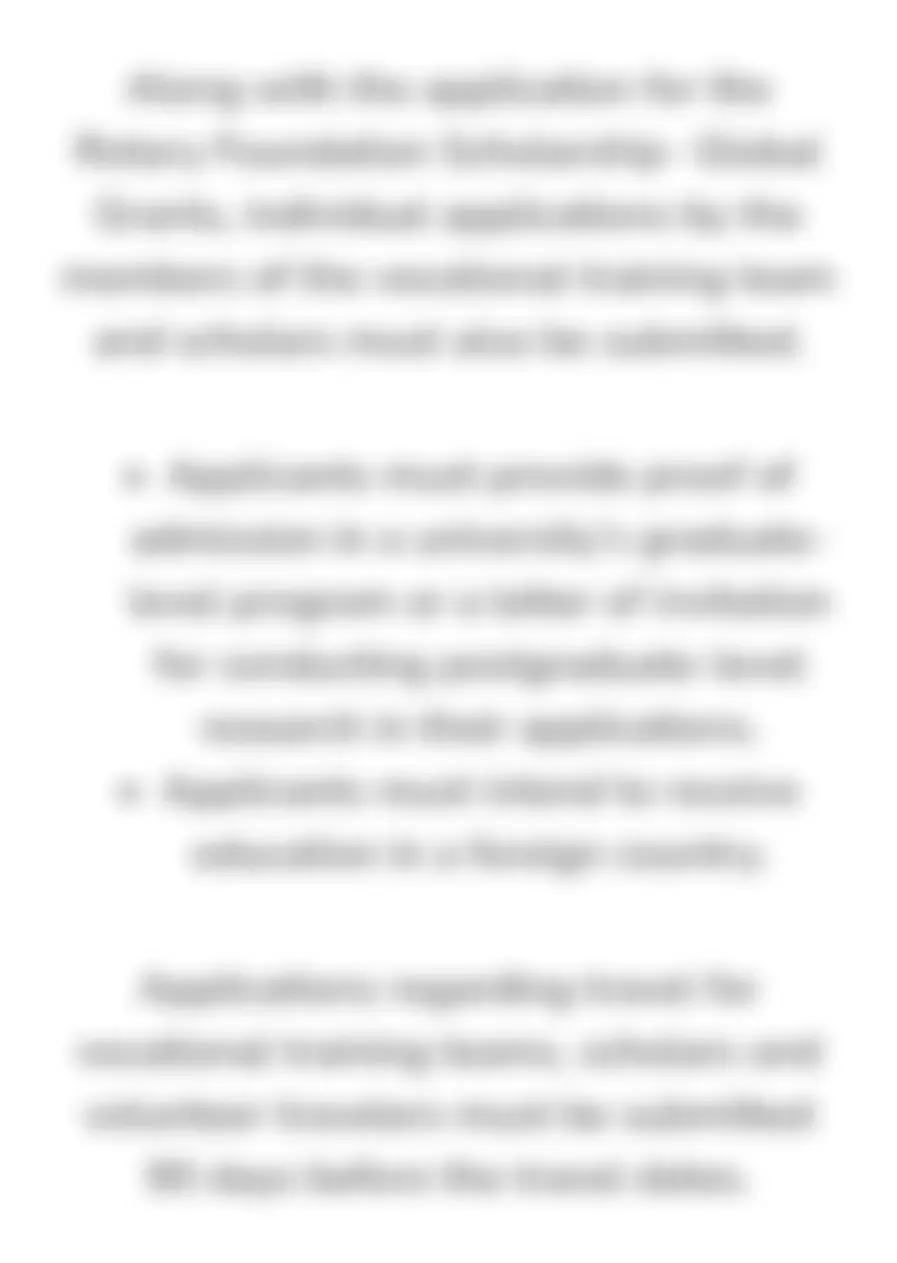
University of North Texas

Texas
,United States

Program Name
Master of Science in Cell Biology, Immunology, and Microbiology
Overview
The Master of Science in Cell Biology, Immunology, and Microbiology at the University of North Texas is designed to provide students with a comprehensive understanding of cellular and molecular biology, with a particular focus on the intricate mechanisms of life at the cellular level. This program stands out for its rigorous curriculum that blends theoretical knowledge with practical applications. Students will engage with cutting-edge research and innovative teaching methodologies that prepare them for advanced roles in academia, industry, or healthcare settings.
Throughout the 24-month program, students will delve into specialized areas such as immunology, microbiology, and cell biology through courses that are tailored to foster critical thinking and independent research skills. The curriculum includes advanced courses like Cellular Physiology, Molecular Genetics, and Immunological Techniques, which equip students with the knowledge necessary for conducting high-level research. The program encourages collaboration and interdisciplinary studies, allowing students to explore the connections between various biological disciplines.
One of the hallmarks of the program is the access to a rich array of research opportunities. The School of Biomedical Sciences boasts state-of-the-art laboratories and facilities equipped with the latest technology, enabling students to conduct hands-on experiments and engage in groundbreaking research projects. Faculty members are renowned experts in their fields, actively contributing to significant advancements in biomedical science. Their mentorship not only enhances the learning experience but also fosters an environment where students can collaborate on innovative research initiatives.
The University of North Texas places a strong emphasis on fostering connections between students and industry leaders. The program features robust internship and networking opportunities that prepare graduates for the job market. Local partnerships with healthcare organizations, pharmaceutical companies, and research institutions provide pathways for students to gain practical experience and build professional networks. Graduates find themselves well-equipped with the skills and connections needed to excel in a competitive job environment.
Career pathways for graduates of this program are diverse and promising. Alumni have successfully pursued careers as Medical Scientists, Research Scientists, Microbiologists, and Healthcare Administrators, among other roles. The average base salary for graduates stands at approximately $67,100, reflecting the high demand for skilled professionals in the life sciences sector. The program's focus on real-world applications and its strong employment outcomes make it an intelligent choice for those seeking to make an impact in the field of biomedical science.
Why Study Cell Biology, Immunology, and Microbiology at University of North Texas
- A popular choice for international students with a diverse community, fostering global perspectives and collaborations.
- Learn from the best faculty members who are leaders in their fields, and become their research assistants to gain invaluable experience.
- Access to high-end labs and facilities that facilitate cutting-edge research and experimentation.
- Excellent placement programs and career services that connect students with potential employers and internships.
- Opportunities for interdisciplinary studies, allowing students to combine interests across various fields of biology and health sciences.
- A commitment to research excellence, with students often publishing their work in prestigious scientific journals.
- Strong alumni network that provides mentorship and guidance to current students navigating their careers.
Admission to the Master of Science in Cell Biology, Immunology, and Microbiology requires a Bachelor's degree in a related field, along with a solid academic background that demonstrates the applicant's preparedness for advanced study. Key application requirements include a transcript reflecting academic achievements, a personal statement detailing the applicant's motivation and goals, and a resume showcasing relevant experiences. The program does not require GRE scores, making it more accessible to a wider range of candidates.
The curriculum is designed to not only impart knowledge but also to cultivate essential skills such as analytical thinking, problem-solving, and effective communication. Students will participate in various projects and presentations that enhance their ability to convey complex scientific information clearly. In addition, the program emphasizes ethical considerations in research, preparing students to navigate the challenges of modern biomedical science responsibly.
The University of North Texas has a strong commitment to student success, evident in the support services available to both domestic and international students. From academic advising to mental health resources, the university ensures that all students have the tools they need to thrive during their studies. This holistic approach to education is reflected in the university's strong retention rates and positive student feedback.
In conclusion, the Master of Science in Cell Biology, Immunology, and Microbiology at the University of North Texas is an excellent choice for aspiring scientists who wish to explore the depths of cellular and molecular biology. With a well-rounded curriculum, exceptional faculty, and strong industry connections, graduates leave well-prepared to make meaningful contributions to the field of biomedical science. This program not only offers academic rigor but also equips students with the practical skills necessary to succeed in a dynamic and ever-evolving job market.

Duration
24 Months

Median Salary
$65,000
Ranking

#285
US World and News Report
Class Profile


Want to Know More? 🤔
Sign up now to access detailed information tailored for your study abroad journey.
Start your journeyCareer Outcomes

Median Earnings After Graduation
$65,000 / year
Prospective Job Roles
Medical Scientist
Research Scientist
Microbiologist
Immunologist
Cell Biologist
Laboratory Technician
Healthcare Administrator
Science Educator
Medical Device Sales Representative
Pharmaceutical Sales Representative
Top recruiters








Application Requirements
Here's everything you need to know to ensure a complete and competitive application—covering the key documents and criteria for a successful submission.

Transcript

Personal Statement

Academic LOR

Resume
Application Deadlines
Fees and Funding

Tuition Fees
$18,804 / year
Funding Options
External Sources - Scholarships
Department Funding
Scholarships

University of North Texas Graduate School Fellowship

UNT College of Science and Health Dean's Scholarship

UNT Graduate School Diversity Scholarship
FAQs
A student can complete Cell Biology, Immunology, and Microbiology at University of North Texas with in 24.
The application fee to pursue Cell Biology, Immunology, and Microbiology at University of North Texas is USD 130 for international students.
The annual tuition fee to pursue Cell Biology, Immunology, and Microbiology at University of North Texas is USD 18804.
The submission of these scores mainly depends on the type of degree/ course selected at the University of North Texas. For example, the GMAT test is required to take admission to an abroad graduate management program, the LSAT is required during an abroad Law School admission process, and more. Therefore, check University of North Texas requirements before submitting a score.
Cell Biology, Immunology, and Microbiology can help Indian/ international students gain: 1. Quality and Practical Education 2. Global Recognition 3. International Exposure 4. Amazing Job Opportunities 5. Experience of Lifetime and more
If a student fulfils all the eligibility criteria and admission requirements of University of North Texas, they can easily pursue Cell Biology, Immunology, and Microbiology. The basic eligibility criteria include the following: 1. A GPA above 3 2. Well-written Statement of Purpose 3. An impressive Letter of Recommendation 4. A Work Experience Certificate (if required) 5. A Statement of Financial Proof 6. Academic Transcripts 7. Valid Visa, etc.
An MS degree at University of North Texas can usually be completed in 2 years. However, many universities offer a 1-year master’s specialisation as well. You can explore the official University of North Texas website to check the course/ degree duration.
One can apply for scholarships to pursue their international education at University of North Texas by: 1. Looking for country-specific scholarships by contacting the specific scholarship institutions. 2. Applying to or finding out if any subject-specific scholarships are available from the university website/ department.









Ready to elevate your study abroad journey?
Book a call with us now and take the first step towards your global future!
We Value Your Privacy
We use cookies to improve your experience, analyse performance, and personalise content. Learn more in our Privacy Policy.















